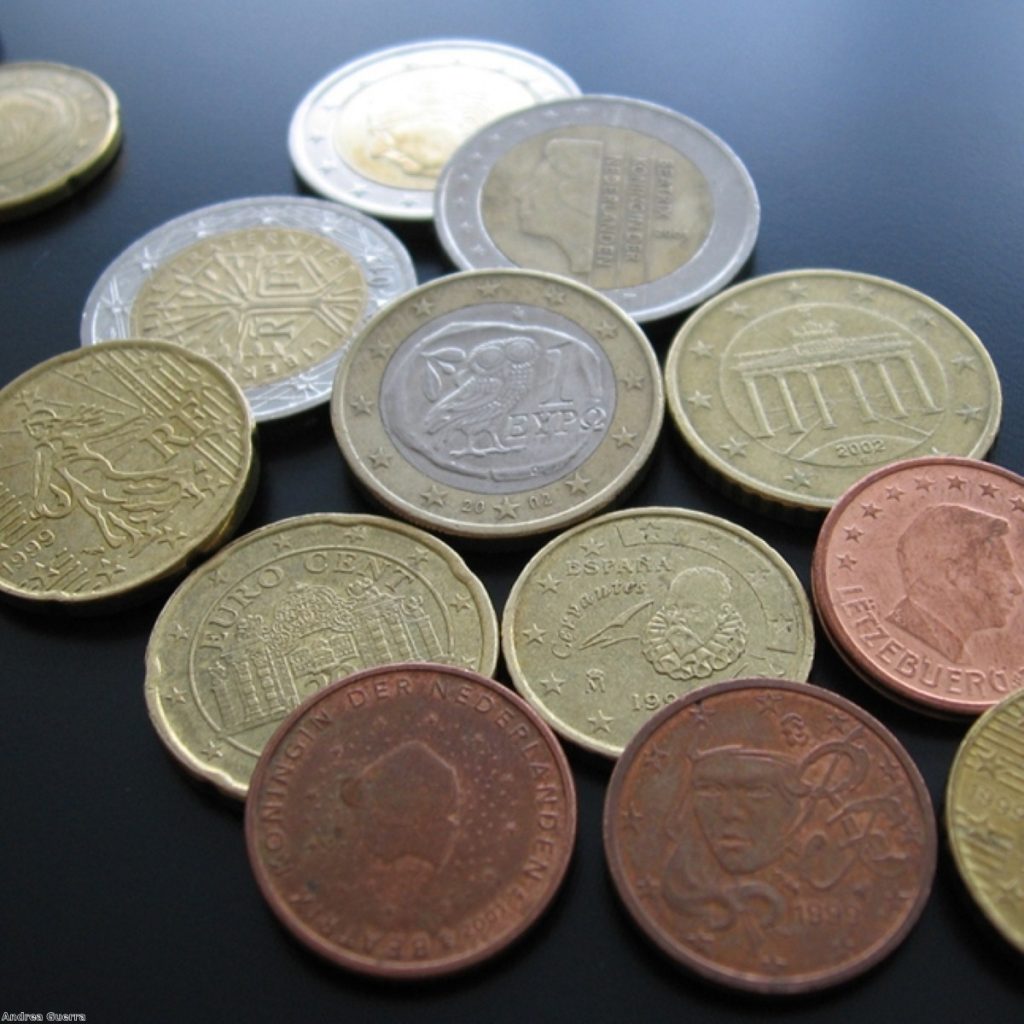Nervy weekend for politicians grappling with euro crisis
By Alex Stevenson Follow @alex__stevenson
Europe's politicians and economists are spending the weekend agonising over whether to buy up Italian debt, as the continent's debt crisis continues to threaten a return to recession.
Reports that the European Central Bank is divided on whether to make another major intervention in a bid to save the euro leave the markets poised for another week of rapid losses, beginning tomorrow.
Finance ministers from the G7 are engaged in emergency talks on how to prevent further declines. Last week cost international stock markets $2.5 trillion, Reuters reported.


Yesterday evening David Cameron spoke to French president Nicolas Sarkozy about their response to the crisis.
"They discussed the euro area and the US debt down grade," a Downing Street spokesman said.
"Both agreed the importance of working together, monitoring the situation closely and keeping in contact over the coming days."
But former prime minister Gordon Brown, whose biggest success as prime minister is widely judged to have been his international leadership of the 2008/09 financial crisis, warned that politicians had failed to act this time around.
He wrote in an article for the Independent on Sunday newspaper: "No number of weekend phone calls can solve what is a financial, macroeconomic and fiscal crisis rolled into one, which needs a radical restructuring of both Europe's banks and the euro, and will almost certainly require intervention by the G2O and the International Monetary Fund."
His former protégé Ed Balls, now the shadow chancellor, used his own article in the Sunday Mirror to attack the "lack of leadership" from chancellor George Osborne and Mr Cameron.
"We need political leaders across the world to show leadership and deliver credible economic plans," he wrote.
"But our PM, chancellor and their deputies are nowhere to be seen: the four top people in No 10 and the Treasury are all on holiday at the same time.
"In previous times of crisis the British chancellor would be at the head of the table coordinating the global response, but for months Mr Osborne has been absent from the debate about how to get the world economy growing."
Bad news in the eurozone was added to by the news that the US' credit rating by Standard & Poor has been downgraded from AAA to AA+ – the same level as that enjoyed by Belgium, New Zealand and Luxembourg.
There are four US companies that have a better credit rating than the country as a whole, including Microsoft and Exxon Mobil.

